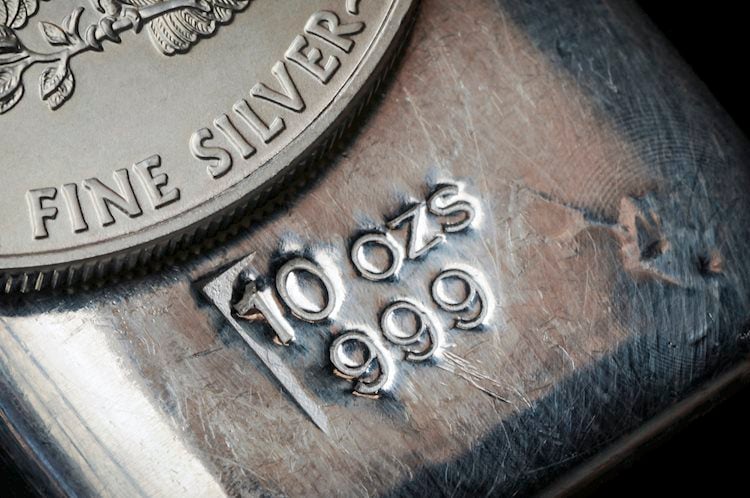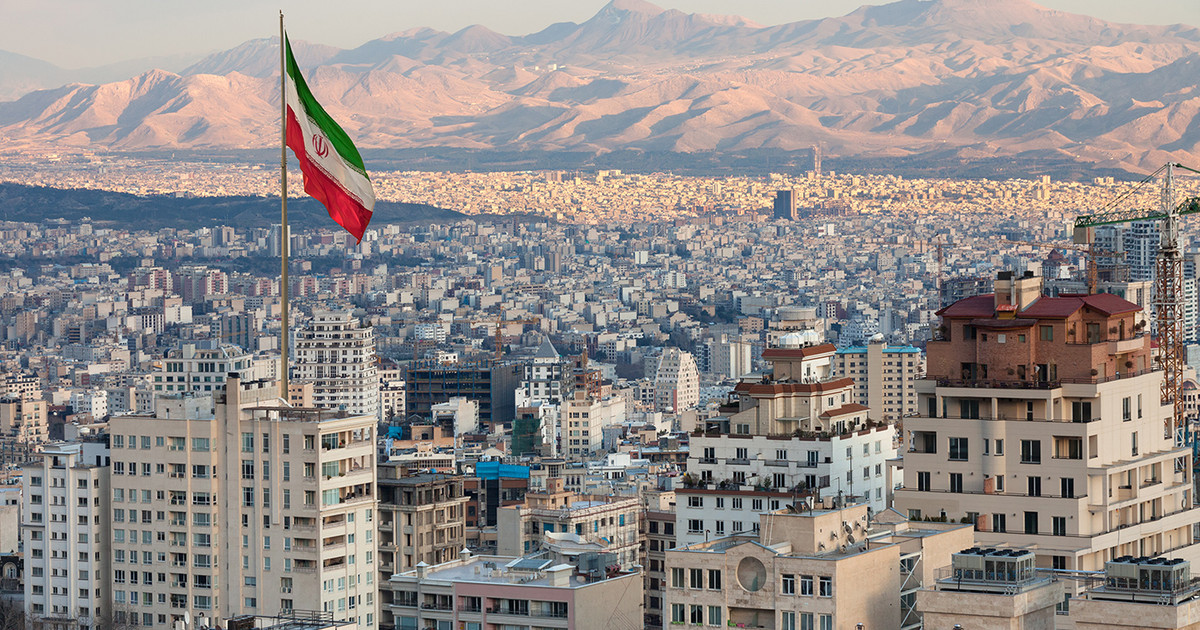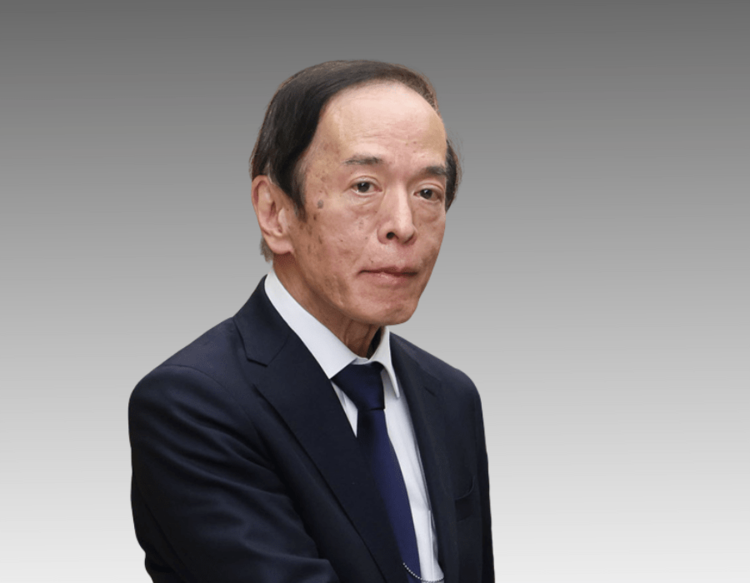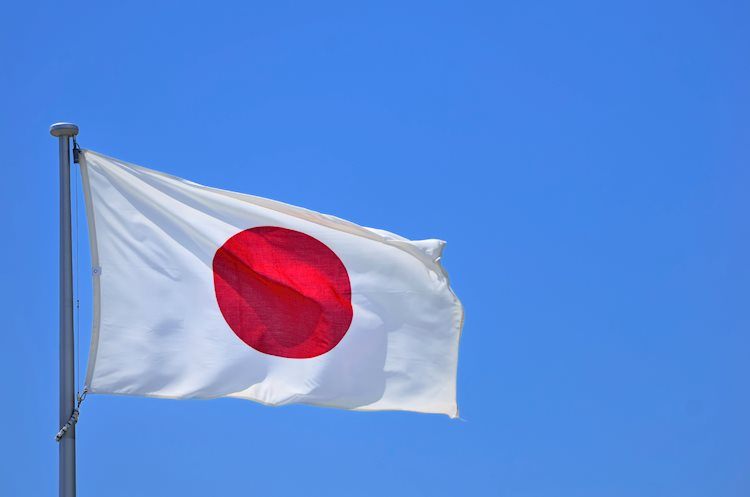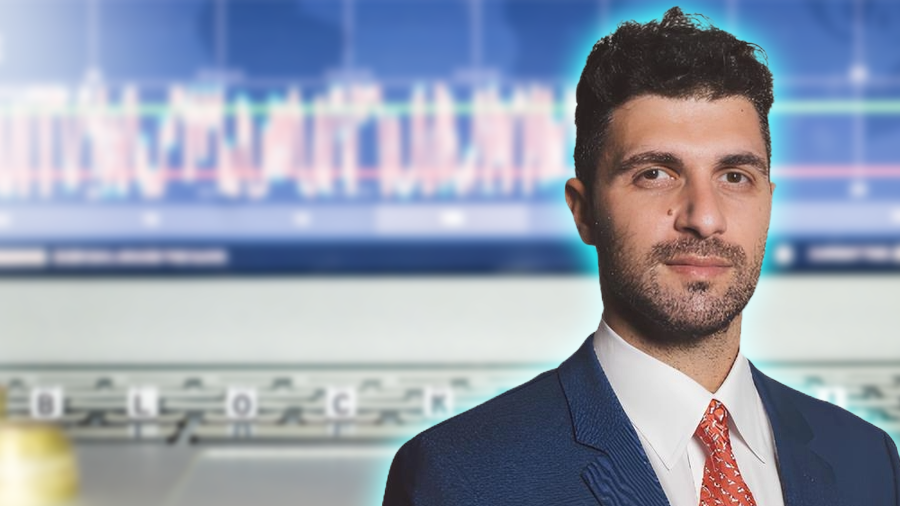The North Atlantic Treaty Organization (NATO) formally invited Finland and Sweden to join the alliance on Wednesday, after Turkey withdrew its opposition to the issue. It was an arduous process that served to remind the alliance of its deepest cracks.
Finnish President Sauli Niinistö said the Turkish government had agreed to support his country’s and Sweden’s membership proposals, removing a major obstacle to the two countries that joined NATO.
While the move was a major victory for NATO and a setback for Russia, Turkish President Recep Tayyip Erdogan did not relent without reinforcing his share of his country’s political weight in the alliance.
Before signing a joint memorandum with the two Nordic nations, Erdogan declared on Tuesday that NATO “cannot afford” to lose Turkey as a member.
The president’s speech was a response to frustration in the Western alliance over the Turkish government’s opposition to the admission of the two traditionally neutral countries that felt obliged to join the group because of Russia’s invasion of Ukraine.
Turkey has become a headache for NATO. But recent geopolitical events have shown that this is a pain the alliance will have to tolerate. Experts say Erdogan knows this all too well and has used his country’s place in the group to cement his national interests.
In a European war that has essentially become a conflict between the Russian government and NATO, Turkey has positioned itself as a neutral party, choosing not to join its allies in sanctioning Russia and offering itself as a mediator between the warring parties. She supported Ukraine in the war, but was careful not to antagonize the Russian government.
For experts, Turkey is more valuable than ever to NATO today. The country is at the southeastern tip of the alliance, a strategic area between Russia and the West. In addition, Turkey maintains the second largest army in the alliance after the US, and borders a part of the Middle Eastern countries with a history of political instability and where Western states have important interests.
The Turkish government, however, was not always a thorn in the throat of the alliance.
Turkey joined NATO in 1952, three years after its formation in the aftermath of the Second World War, and considers the alliance “the cornerstone” of its defense and security policy. But analysts and historians say that while Turkey has historically served the group’s strategic interests, it has become a disruptive force under Erdogan’s rule.
The current president served as prime minister from 2003 to 2014, and has held the presidency since 2014.
“During the Cold War, Turkey was well embedded in Western security infrastructures,” recalled Oya Dursun-Ozkanca, professor of political science at Elizabethtown College in Pennsylvania and author of “Turkey-West Relations: The Politics of Intra-Alliance.” Opposition” (“Turkey-West Relations: The Politics of Intra-Alliance Opposition”, untranslated in Brazil). She added that the country had been a “quite reliable” Western ally for more than half a century.

The frequency and intensity of disagreements between Turkey and NATO allies increased, however, over time, as the government adopted proactive and anti-Western foreign policy positions.
Erdogan has disagreed with NATO allies on a number of issues, including Syria and Libya, and has used his country’s strategic location to extract concessions from its European neighbors, threatening to open the doors to refugees from neighboring conflict zones.
In 2009, Turkey opposed the appointment of Anders Fogh Rasmussen of Denmark as head of NATO until then-US President Barack Obama promised that one of Rasmussen’s deputies would be a Turk. Turkey argued at the time that Rasmussen’s handling of insults to the Prophet Muhammad in a Danish newspaper in 2006 was problematic.
In a move in 2019 that must have been the boldest and most controversial in that relationship, Turkey bought Russia’s S-400 missile defense system, calling into question a decades-old alliance with the US and NATO. The S-400 missiles were designed to shoot down NATO planes.
Sinan Ulgen, a former Turkish diplomat and chair of the Istanbul-based EDAM think tank, said Erdogan’s “hyper-centralised decision-making” and his “combative, less consensual” leadership style has caused difficulties for NATO. “It is also a reflection of the increasing unpredictability of Turkish foreign policy,” he added.
However, experts say it is natural for an alliance member to prioritize national interests where he can. The problem arises when these interests diverge from the NATO agenda.
“Turks complicate NATO consensus-based decision-making because they refuse to go with the flow until national interests are satisfied,” said Rich Outzen, a senior fellow at the Atlantic Council in Washington, D.C., and a former US Department official. of State and the US Armed Forces.
“It’s not bad behavior in the alliance; it is typical behavior in the alliance of states that have the weight to play with it”, he added.
While Turkey understands its value to NATO, it also sees its own benefit in joining, according to analysts. The Turkish government has turned to NATO more than once for strategic security support, Ulgen said. “It’s a relationship of security and politics that is mutually beneficial.
Ultimately, Turkiye and NATO need each other,” he commented, using the country’s new name.
Source: CNN Brasil
I’m James Harper, a highly experienced and accomplished news writer for World Stock Market. I have been writing in the Politics section of the website for over five years, providing readers with up-to-date and insightful information about current events in politics. My work is widely read and respected by many industry professionals as well as laymen.

